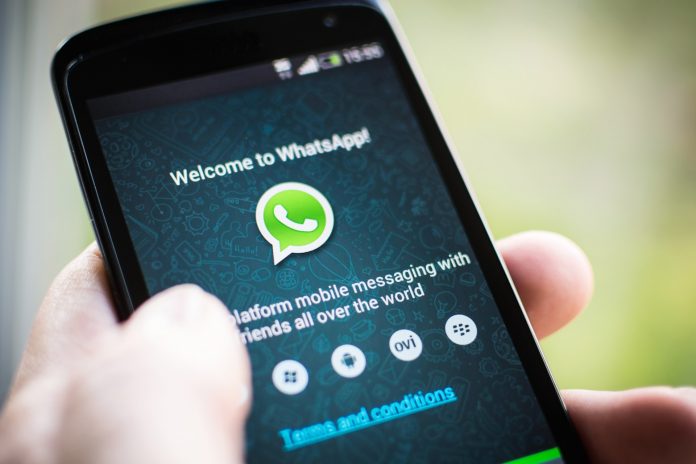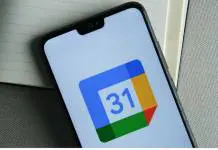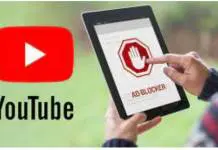
According to the CEO of Facebook-owned WhatsApp, the company has decided to make a major change on its services now that it reaches 1 billion customers.
More specifically, the $0.99 annual fee will be seized and WhatsApp will invest more weight on commercial services. However, CEO Jan Koum said that this won’t include ads.
“We’re going to get rid of the $1 subscription,” Koum said, later admitting that the backup business model is still pretty nascent. “We haven’t written a single line of code, but we want to make sure people understand this is not about ads in the product.”
This move raises questions among the 900 million users, but WhatsApp has assured the public that there won’t be any annoying third-party ads and spam flooding chats.
“Naturally, people might wonder how we plan to keep WhatsApp running without subscription fees and if today’s announcement means we’re introducing third-party ads. The answer is no. Starting this year, we will test tools that allow you to use WhatsApp to communicate with businesses and organizations that you to hear from. That could mean communicating with your bank about whether a recent transaction was fraudulent, or with an airline about a delayed flight.”
“We all get these messages elsewhere today – through text messages and phone calls – so we want to test new tools to make this easier to do on WhatsApp, while still giving you an experience without third-party ads and spam.”
While the company plans to ditch the fee, let’s stop for a brief moment to do some math. The $1 fee so far brings the company an annual income of approximately $500 million – given that not all users are new, as according to the company’s policy, users start paying after the first year. So considering that WhatsApp didn’t decide to give away all that money just like that, where is it planning to take it from?
On the B2C front, there is also the spectre of competitors from other directions. “Starting this year, we will test tools that allow you to use WhatsApp to communicate with businesses and organizations that you want to hear from,” Koum said. He named Bank of America and American Airlines as two possible kinds of companies that would be working with WhatsApp.
“We want to build things that are utilitarian,” he said. “That allows a company like American Airlines or Bank of America to communicate efficiently through a messaging app like WhatsApp.”.
“Facebook is a little different in terms of UX, stickers and things we don’t have,” Koum continued. “What we find, interestingly enough, is that you may think messaging is limited but it’s not. People find more bandwidth to use different things that are out there.”
So for now, let’s just all cheer up for saving $1 per year. Thanks, WhatsApp and have a happy 1 billion users anniversary soon!










